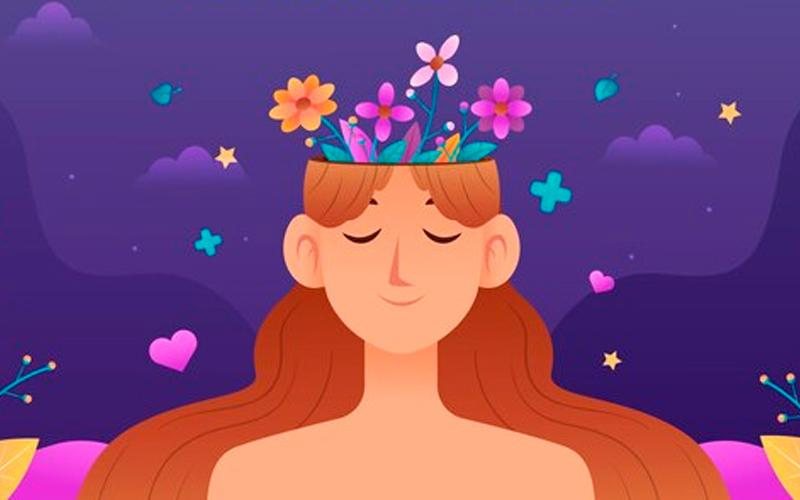In the hustle and bustle of modern life, it’s easy to overlook the connection between our physical and mental well-being. However, maintaining a balance between body and mind is crucial for overall health and happiness. In this article, we’ll explore the significance of aligning physical and mental health and provide practical tips for achieving harmony between the two.
1. Understanding the Connection
Physical and mental health are intricately linked, with each influencing the other in profound ways. When one aspect is neglected, it can impact the other, leading to a range of health issues and diminishing overall well-being. Recognizing this interconnectedness is the first step towards achieving balance.
2. Importance of Physical Health
a. Regular Exercise: Physical activity is essential for maintaining cardiovascular health, strengthening muscles and bones, and improving overall fitness levels. Aim for at least 30 minutes of moderate exercise most days of the week to reap the benefits.
b. Nutritious Diet: Fuel your body with a balanced diet rich in fruits, vegetables, whole grains, lean proteins, and healthy fats. Eating well provides the necessary nutrients to support physical health and energy levels.
c. Sufficient Sleep: Quality sleep is vital for physical recovery, immune function, and overall well-being. Aim for 7-9 hours of sleep per night and establish a consistent sleep schedule for optimal rest.
3. Nurturing Mental Well-Being
a. Stress Management: Chronic stress can take a toll on both physical and mental health. Practice stress-reduction techniques such as mindfulness, deep breathing, and relaxation exercises to promote a sense of calm and balance.
b. Emotional Support: Cultivate strong social connections and seek support from friends, family, or a therapist when needed. Sharing your thoughts and feelings with others can provide comfort and perspective during challenging times.
c. Mind-Body Practices: Engage in activities that promote mind-body connection, such as yoga, meditation, or tai chi. These practices not only reduce stress but also enhance overall well-being and resilience.
4. Finding Balance
a. Prioritize Self-Care: Make self-care a priority by setting aside time for activities that nourish your body and soul. Whether it’s taking a leisurely walk in nature, indulging in a hobby, or enjoying a relaxing bath, find moments to recharge and rejuvenate.
b. Set Realistic Goals: Strive for balance rather than perfection in both physical and mental health. Set realistic goals that align with your values and priorities, and celebrate small victories along the way.
5. FAQs (Frequently Asked Questions)
Q1: How does physical activity benefit mental health? A1: Physical activity releases endorphins, chemicals in the brain that act as natural mood lifters. Exercise also reduces stress, anxiety, and symptoms of depression, promoting better mental health overall.
Q2: Can poor mental health affect physical health? A2: Yes, poor mental health can negatively impact physical health, leading to issues such as weakened immune function, digestive problems, cardiovascular issues, and chronic pain conditions.
Q3: What role does nutrition play in mental well-being? A3: Nutrition plays a significant role in mental well-being, as certain nutrients can affect brain function and mood regulation. Consuming a balanced diet rich in vitamins, minerals, and antioxidants supports optimal brain health and emotional stability.
Q4: How can I incorporate mindfulness into my daily routine? A4: You can incorporate mindfulness into your daily routine by practicing activities such as meditation, deep breathing exercises, mindful eating, or simply taking moments throughout the day to pause and focus on the present moment.
Q5: What are some signs that I need to prioritize self-care? A5: Signs that you may need to prioritize self-care include feeling constantly stressed or overwhelmed, experiencing physical symptoms of burnout, neglecting your own needs, and feeling disconnected from activities that once brought you joy.

